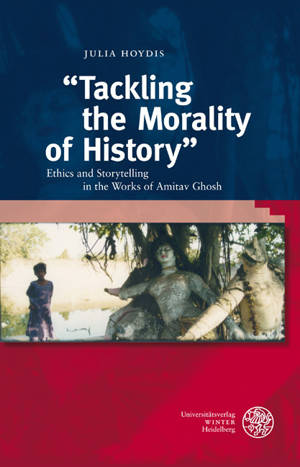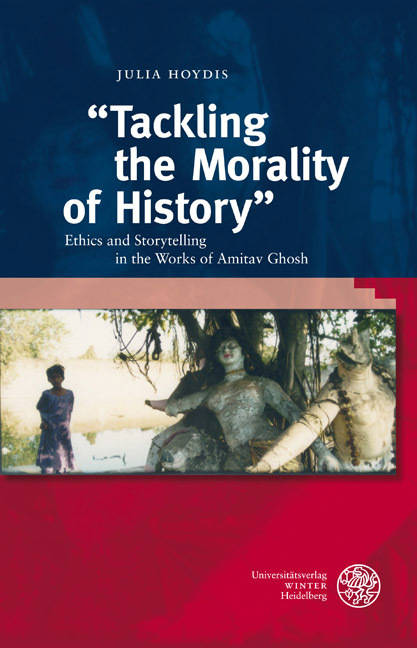
- Afhalen na 1 uur in een winkel met voorraad
- Gratis thuislevering in België vanaf € 30
- Ruim aanbod met 7 miljoen producten
- Afhalen na 1 uur in een winkel met voorraad
- Gratis thuislevering in België vanaf € 30
- Ruim aanbod met 7 miljoen producten
Zoeken
€ 57,45
+ 114 punten
Omschrijving
Amitav Ghosh is one of India's most eminent literary voices. The wide array of themes, times and places covered in his narratives deserves critical attention. The author's interest in science, anthropology, historiography, and the travelling of people and ideas suggest an approach which highlights the concern with border-crossings and the excavation of 'other' histories. Encompassing all of Ghosh's fictions from the early experimental novels like 'The Circle of Reason' and 'The Calcutta Chromosome' to the later epics like 'The Glass Palace' and 'Sea of Poppies', this study offers a reading focusing on the intrinsic link between ethics and storytelling. Positioning itself in relation to the ethical turn within postcolonial and postmodern criticism, it employs K. A. Appiah's cosmopolitanism and Levinas' ethics of alterity in a framework revealing the syncretic (hi)stories which potentially undo the partition of peoples, nations, or faiths while seeking a neo-humanist, global outlook.
Specificaties
Betrokkenen
- Auteur(s):
- Uitgeverij:
Inhoud
- Aantal bladzijden:
- 375
- Taal:
- Engels
- Reeks:
- Reeksnummer:
- nr. 414
Eigenschappen
- Productcode (EAN):
- 9783825358440
- Verschijningsdatum:
- 1/03/2011
- Uitvoering:
- Hardcover
- Formaat:
- Genaaid
- Afmetingen:
- 165 mm x 245 mm
- Gewicht:
- 4427 g

Alleen bij Standaard Boekhandel
+ 114 punten op je klantenkaart van Standaard Boekhandel
Beoordelingen
We publiceren alleen reviews die voldoen aan de voorwaarden voor reviews. Bekijk onze voorwaarden voor reviews.











